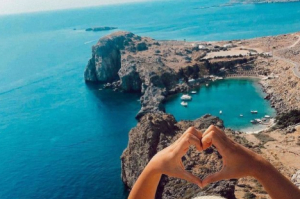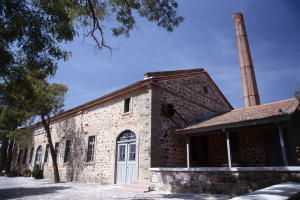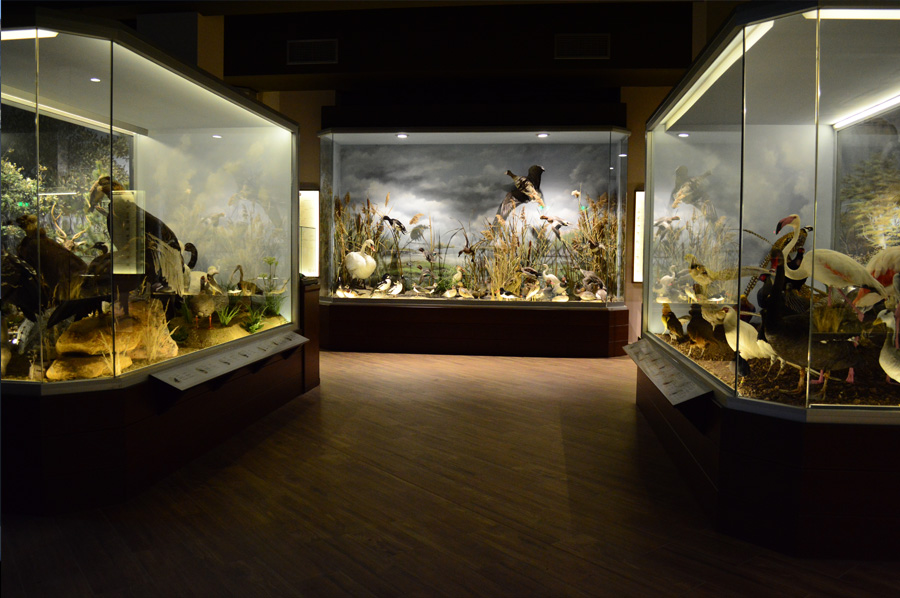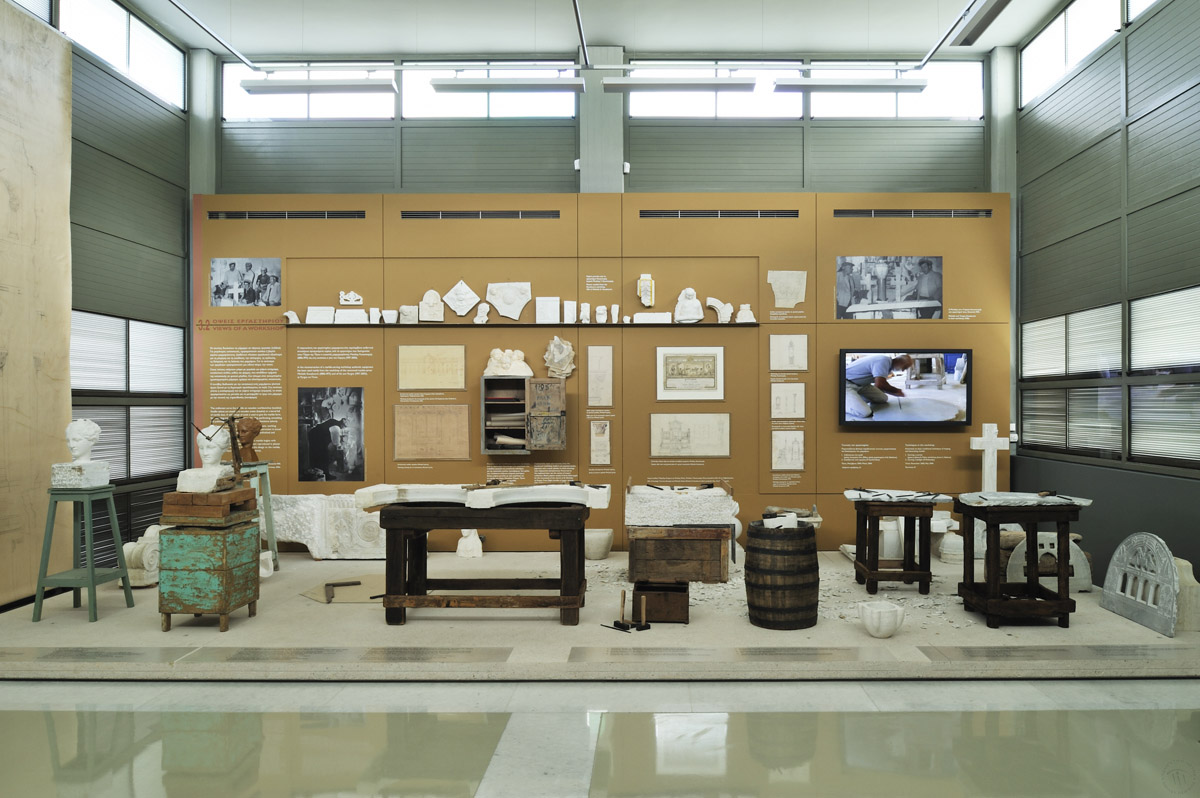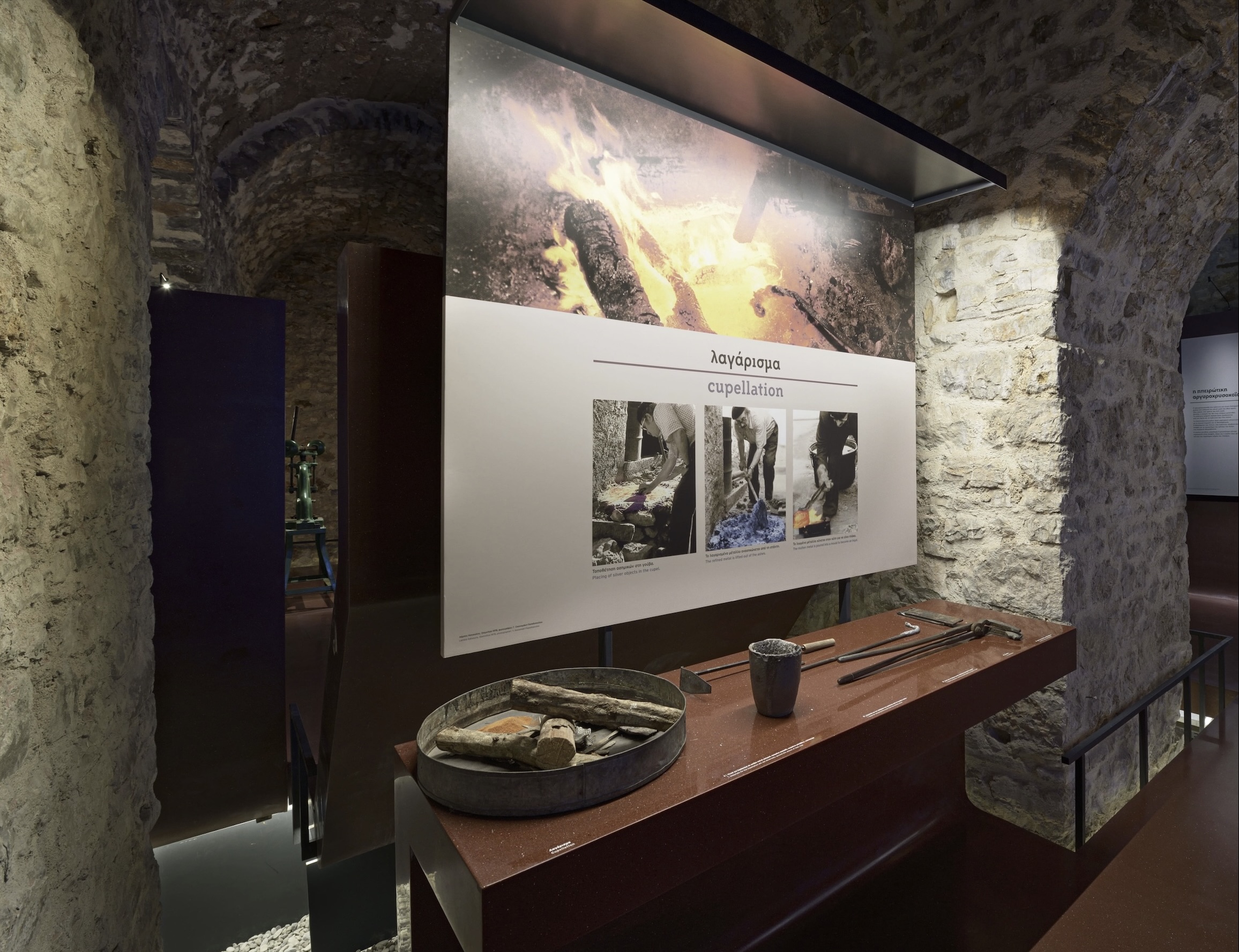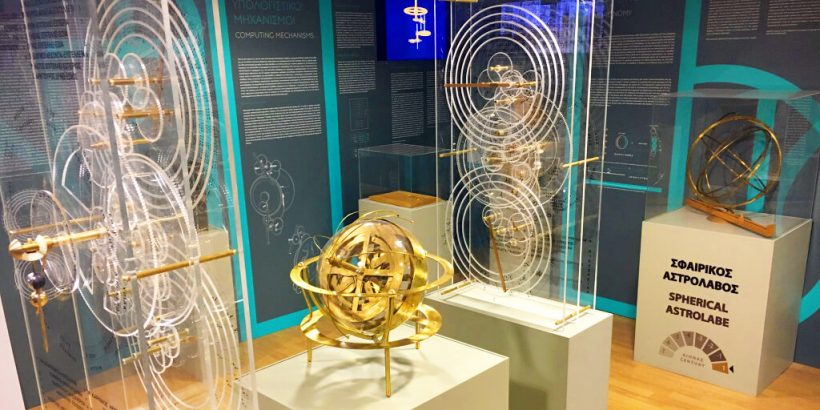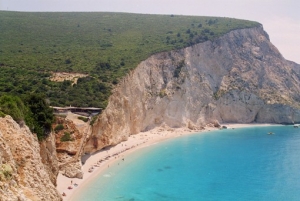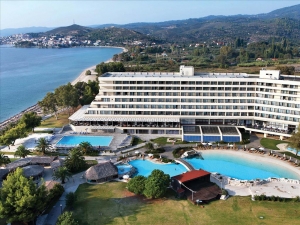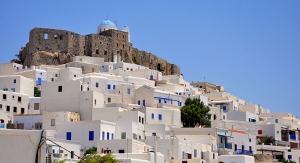In recent years, the rise of digital nomadism has transformed the way we work and travel. With the freedom to work remotely, individuals are no longer tethered to traditional office spaces but instead seek out destinations that offer both professional opportunities and an enriching lifestyle. Among the myriad of options, Greece stands out, offering a perfect blend of culture, convenience, and inspiration.
1. Breathtaking Scenery and Inspiring Landscapes
Greece's diverse landscape, from the azure waters of its islands to the rugged mountains of the mainland, provides an idyllic backdrop for remote work. Imagine starting your day with a sunrise over the Aegean Sea or typing away on your laptop amidst the tranquility of an olive grove. The country's natural beauty fosters creativity and productivity, making it an ideal workspace for digital nomads seeking inspiration.
2. Cultural Riches & Historic Charm
Greece's rich history and vibrant culture add depth to the digital nomad experience. Explore ancient ruins, wander through picturesque villages, or experience the bustling energy of urban centers like Athens and Thessaloniki. Every corner of Greece tells a story, offering endless opportunities for exploration and discovery during your downtime.
3. Affordable Cost of Living
Compared to other European countries, Greece boasts a relatively affordable cost of living, making it attractive to budget-conscious digital nomads. From accommodation to dining out, daily expenses are reasonable, allowing remote workers to enjoy a comfortable lifestyle without breaking the bank. Whether you prefer a cozy apartment in the heart of a bustling city or a quaint seaside retreat, Greece offers a range of accommodation options to suit every budget.
4. Warm Hospitality & Sense of Community
Greeks are known for their warm
hospitality and strong sense of community, creating a welcoming environment for digital nomads. Whether you're networking with local entrepreneurs or connecting with fellow remote workers at co-working spaces, you'll find ample opportunities to forge meaningful connections and expand your professional network. The spirit of philoxenia, or hospitality, runs deep in Greek culture, ensuring that you'll always feel at home in this vibrant country.
5. High-Quality Infrastructure & Connectivity
In today's digital age, reliable internet connectivity is essential for remote work, and Greece delivers on this front. Major cities and popular tourist destinations offer high-speed internet access, allowing digital nomads to stay connected and productive wherever they go. Moreover, numerous
co-working spaces dot the major cities, providing not only excellent internet connectivity but also a conducive environment for focused work. Additionally, Greece's modern infrastructure ensures a seamless experience for remote workers navigating the country.
6. A Healthy Work-Life Balance
Greece's laid-back lifestyle and emphasis on leisure contribute to a healthy work-life balance for digital nomads. Take breaks to savor delicious Greek cuisine, soak up the Mediterranean sun on pristine beaches, or partake in outdoor activities like hiking and sailing. With its emphasis on living life to the fullest, Greece encourages digital nomads to strike a harmonious balance between work and leisure, fostering overall well-being and happiness.
Whether you're seeking inspiration, community, or simply a change of scenery, Greece welcomes remote workers with open arms, inviting them to embark on a transformative journey of work, exploration, and personal growth. So pack your bags, fire up your laptop, and get ready to embrace the digital nomad lifestyle in the land of gods and legends.
If you're aspiring to become a successful digital nomad in Greece,
check out
this article for valuable tips and insights.


